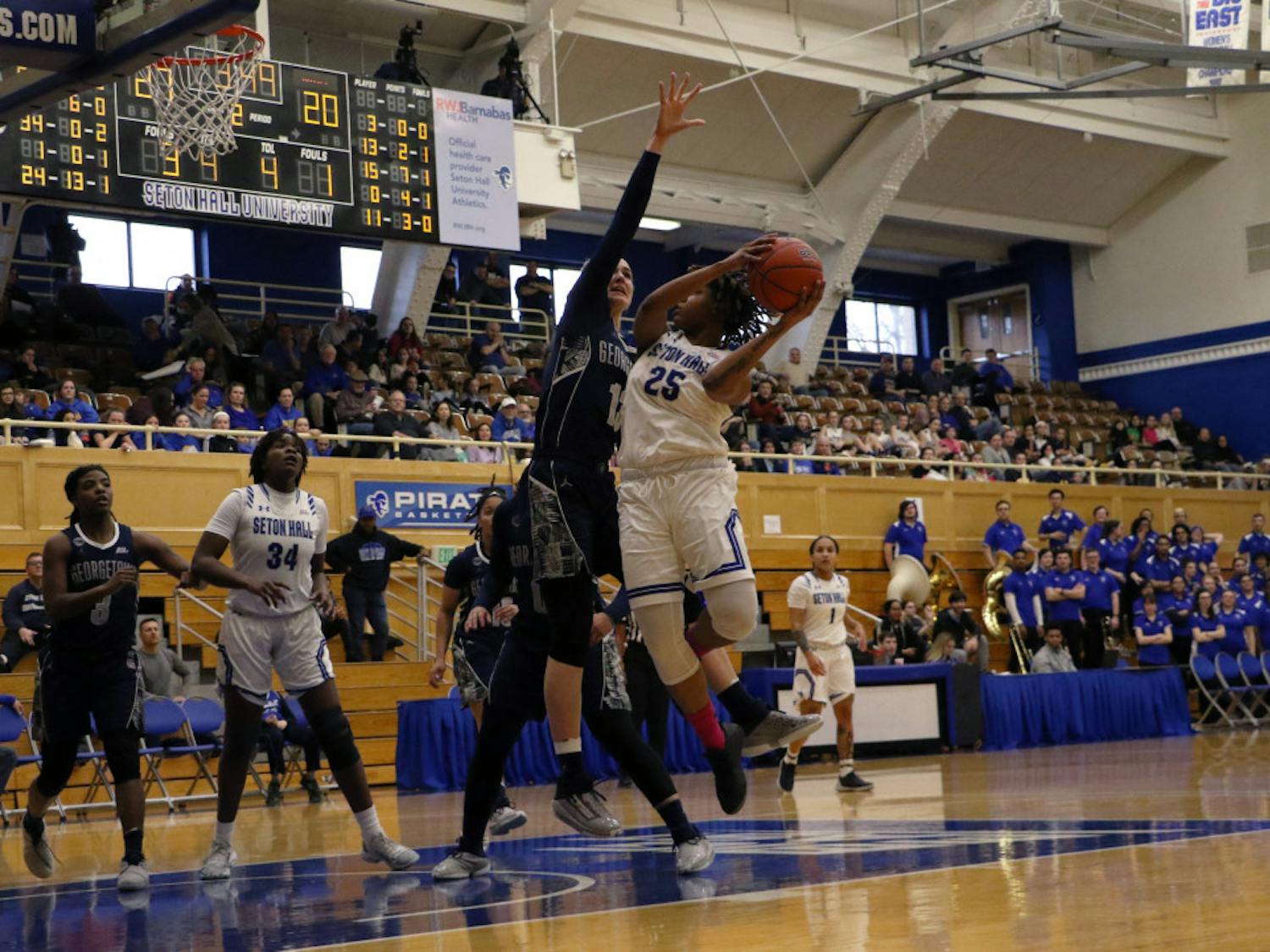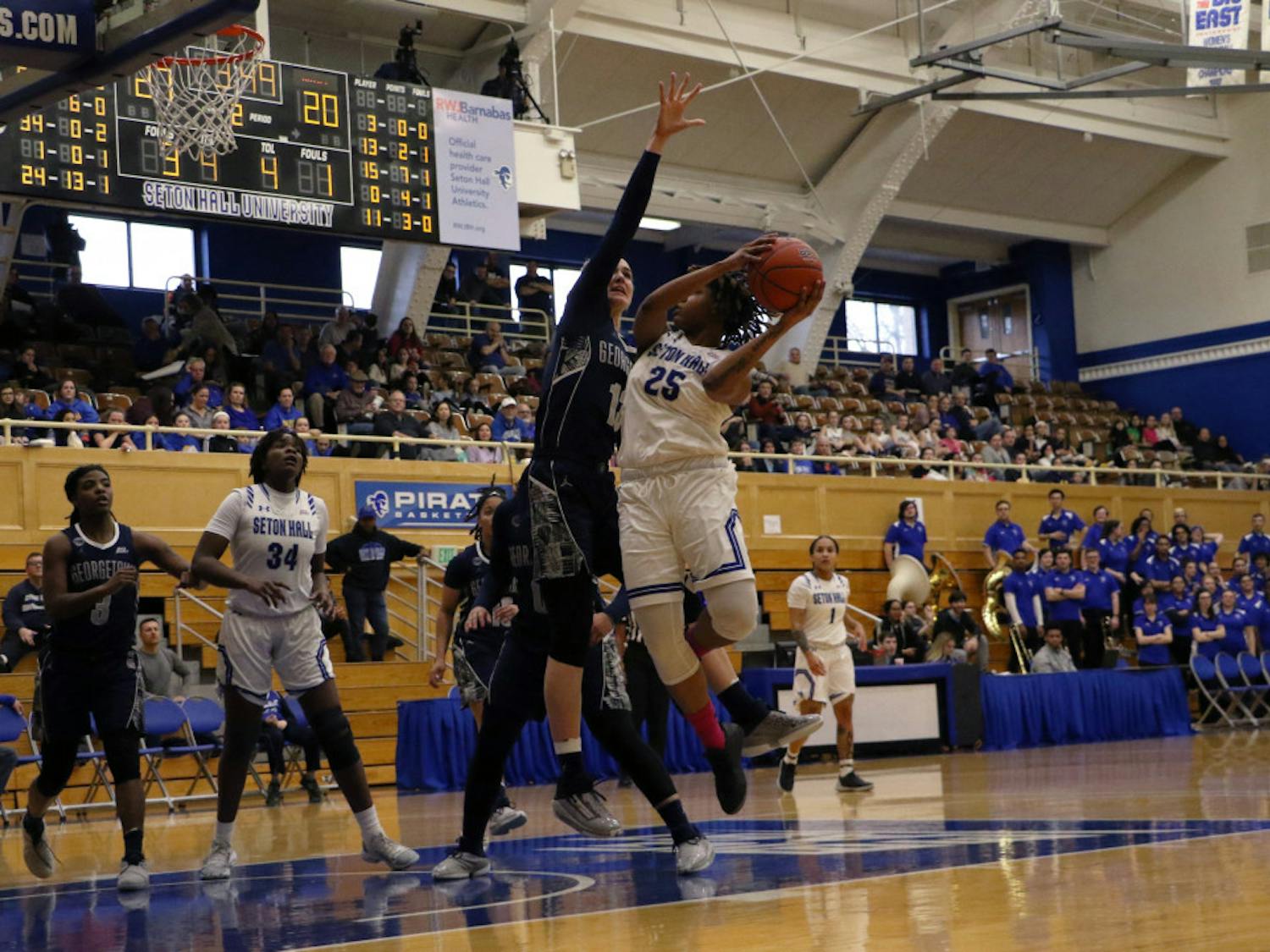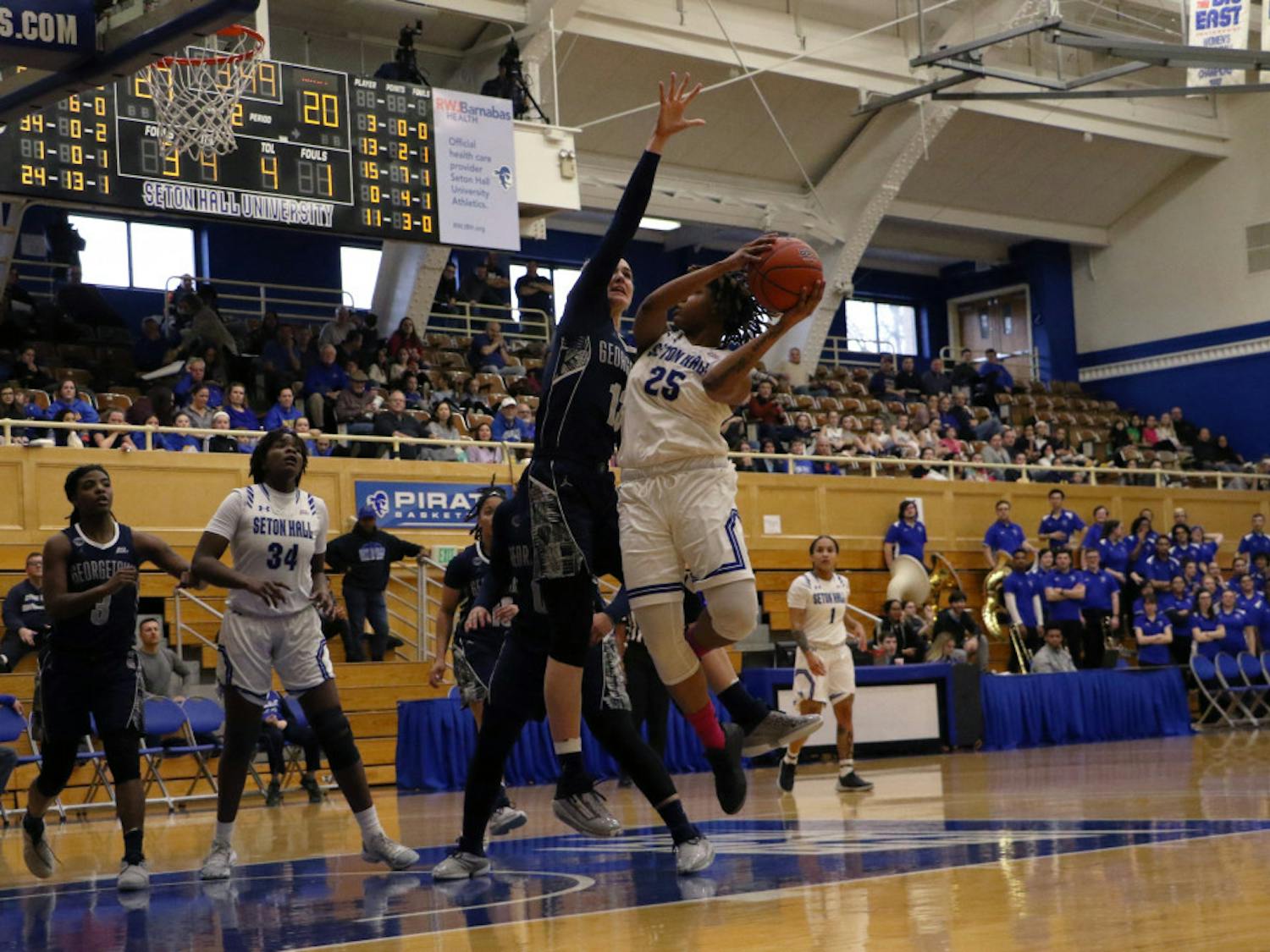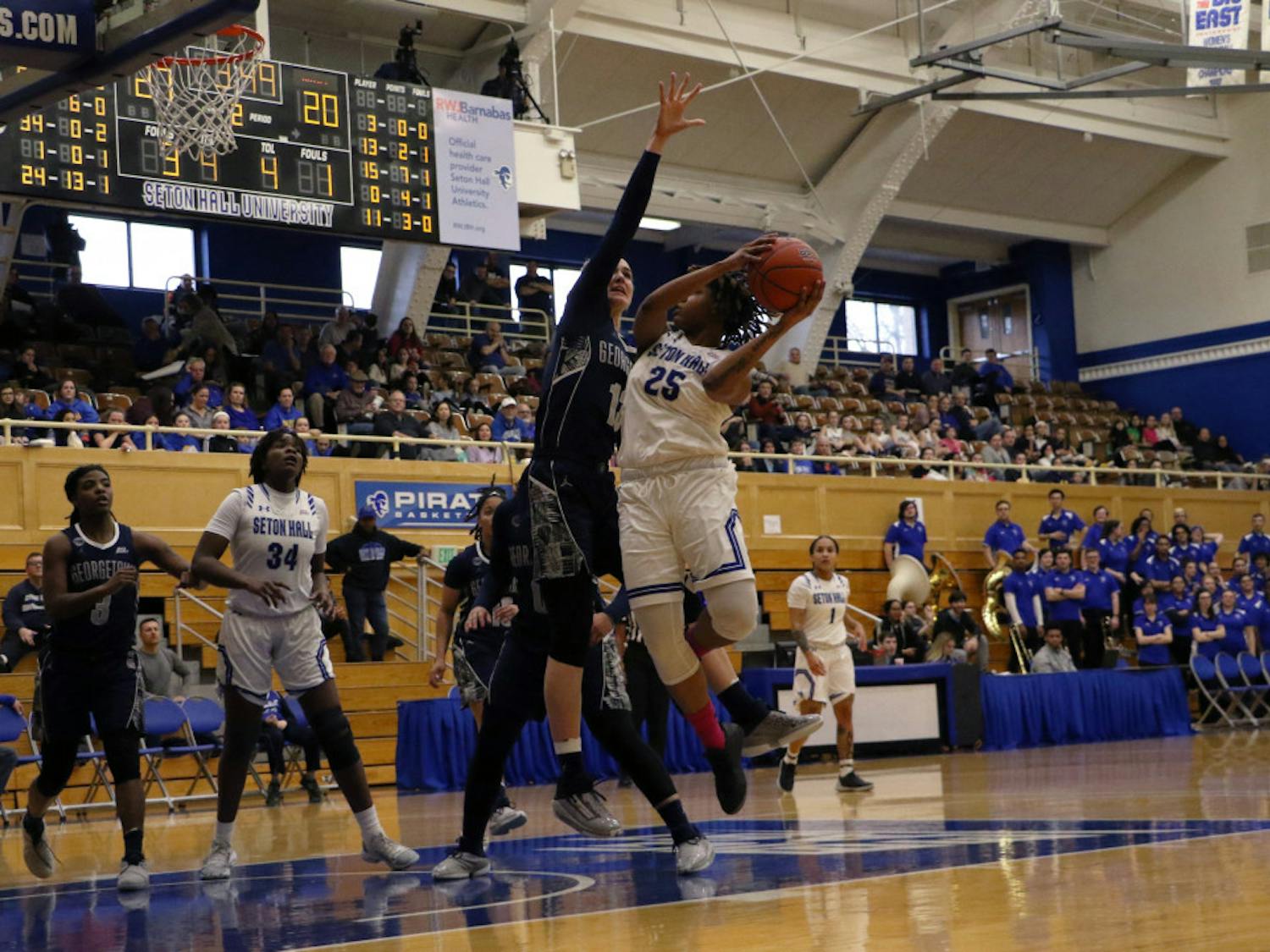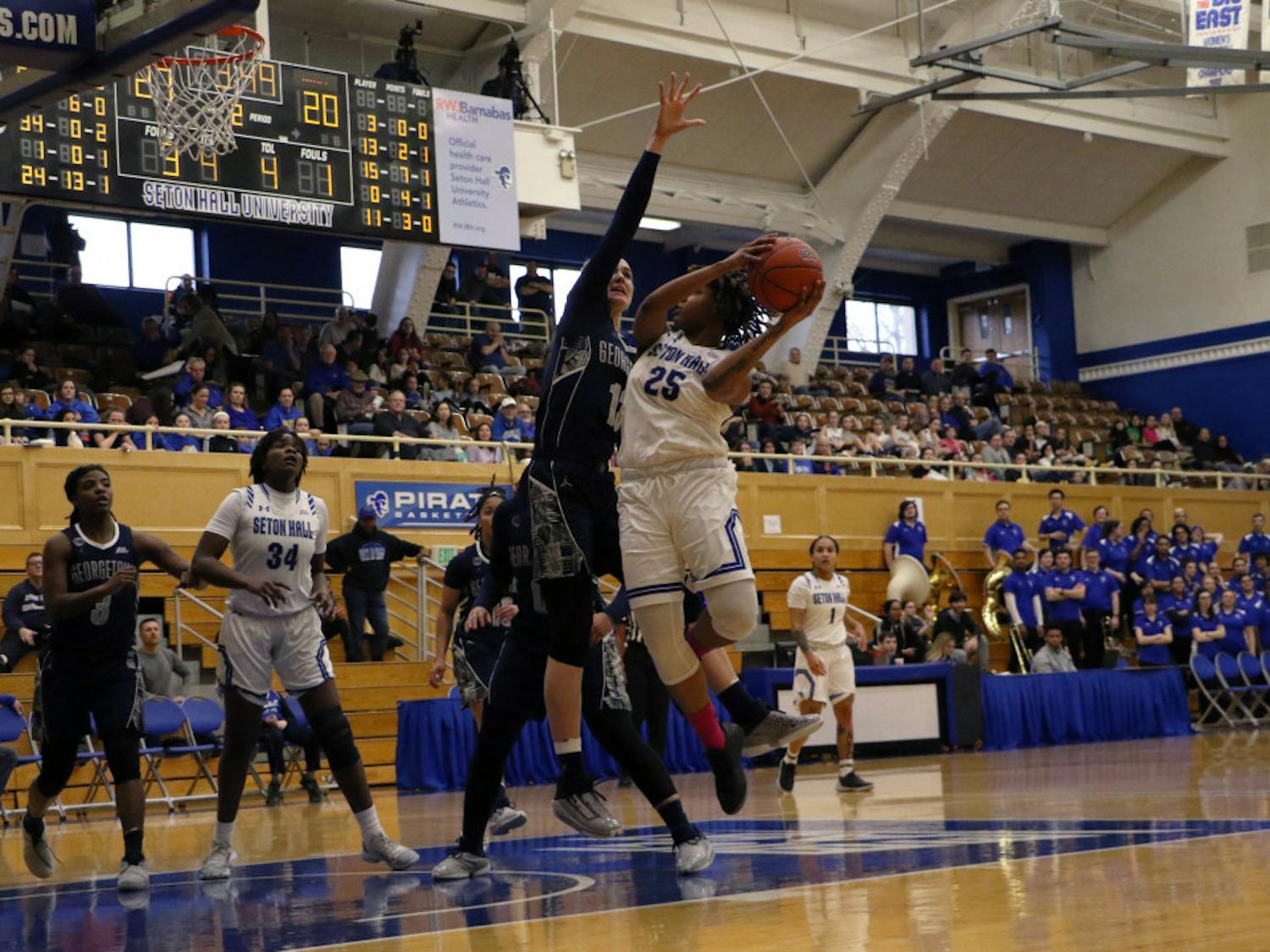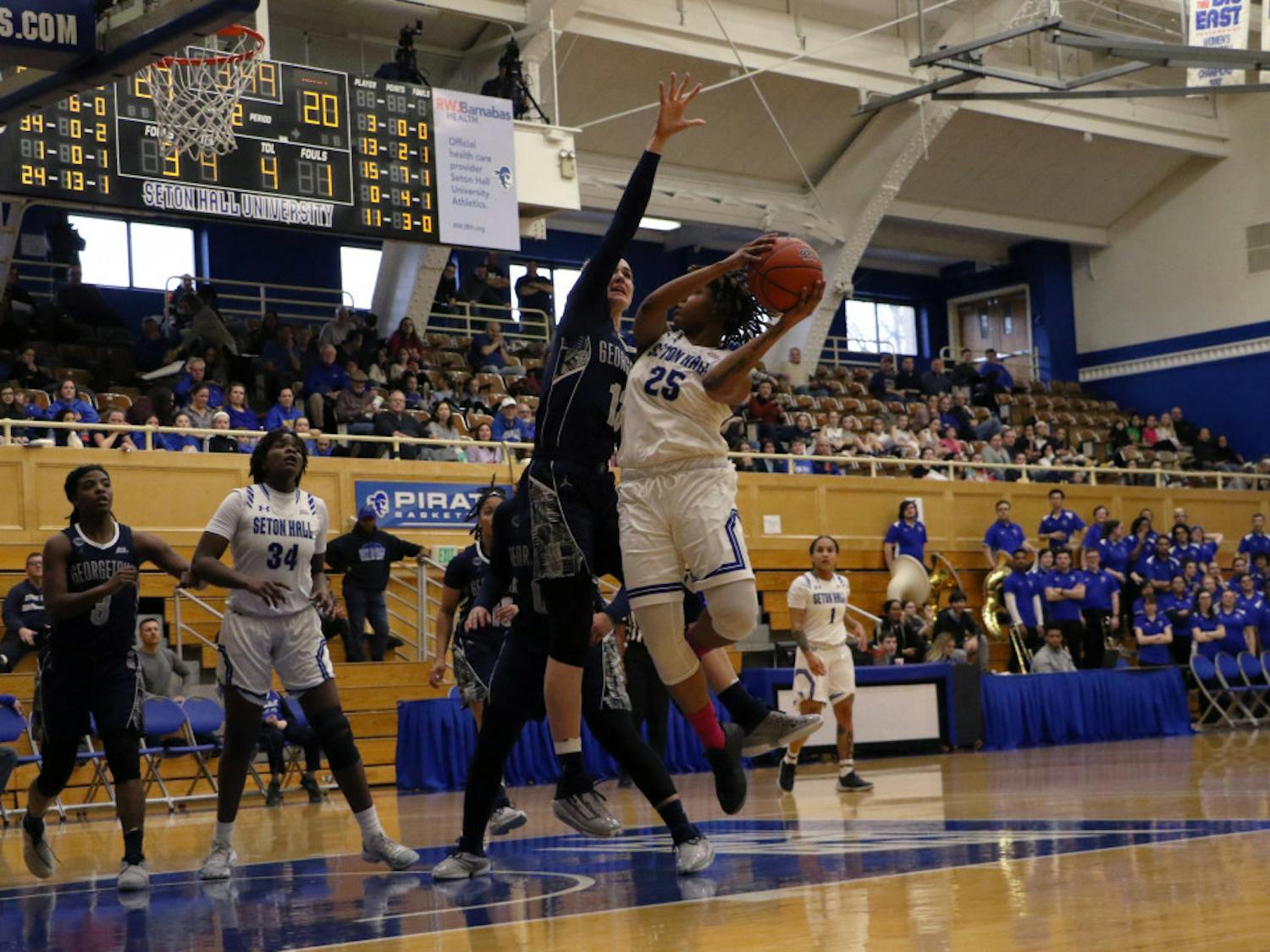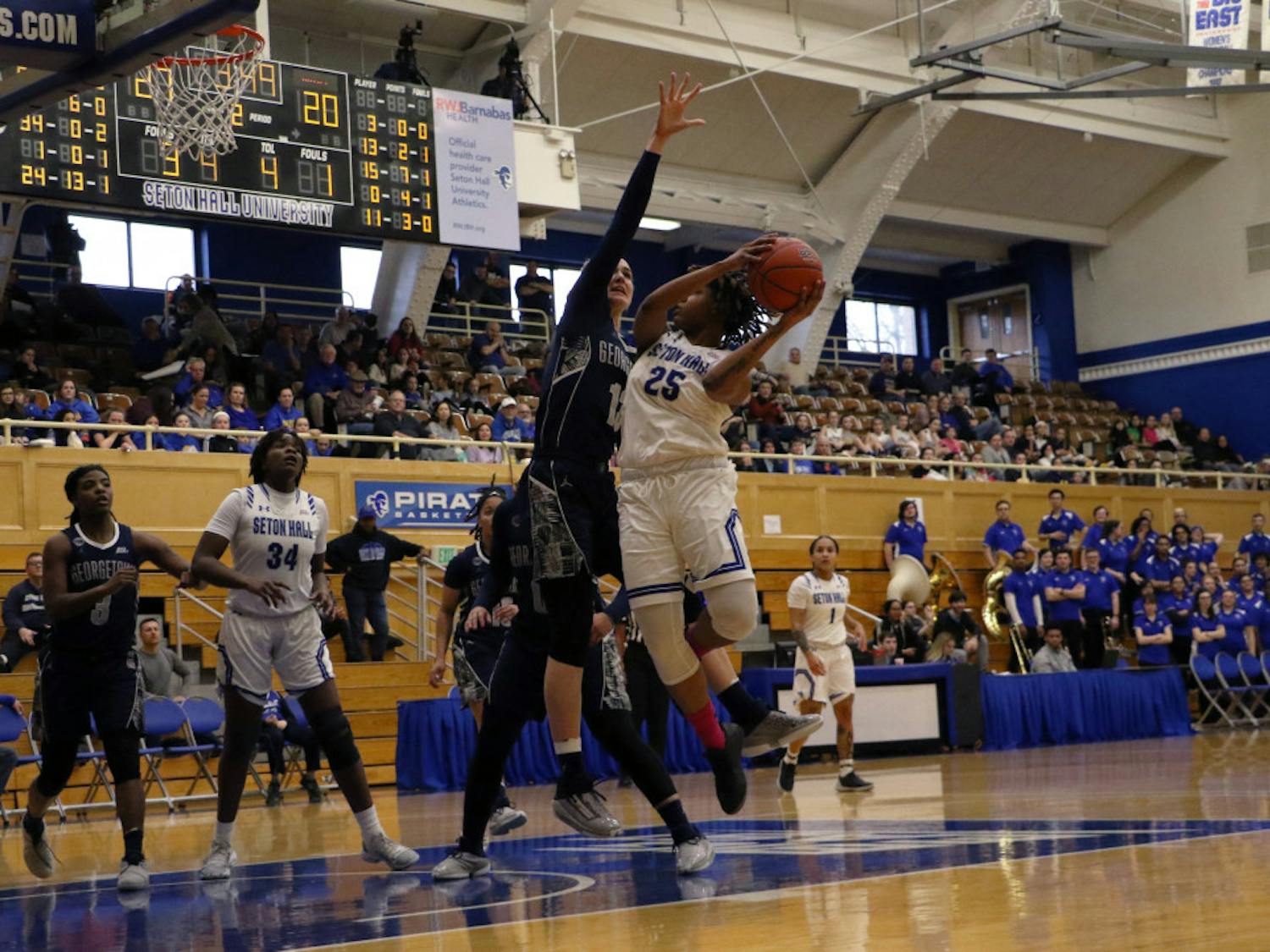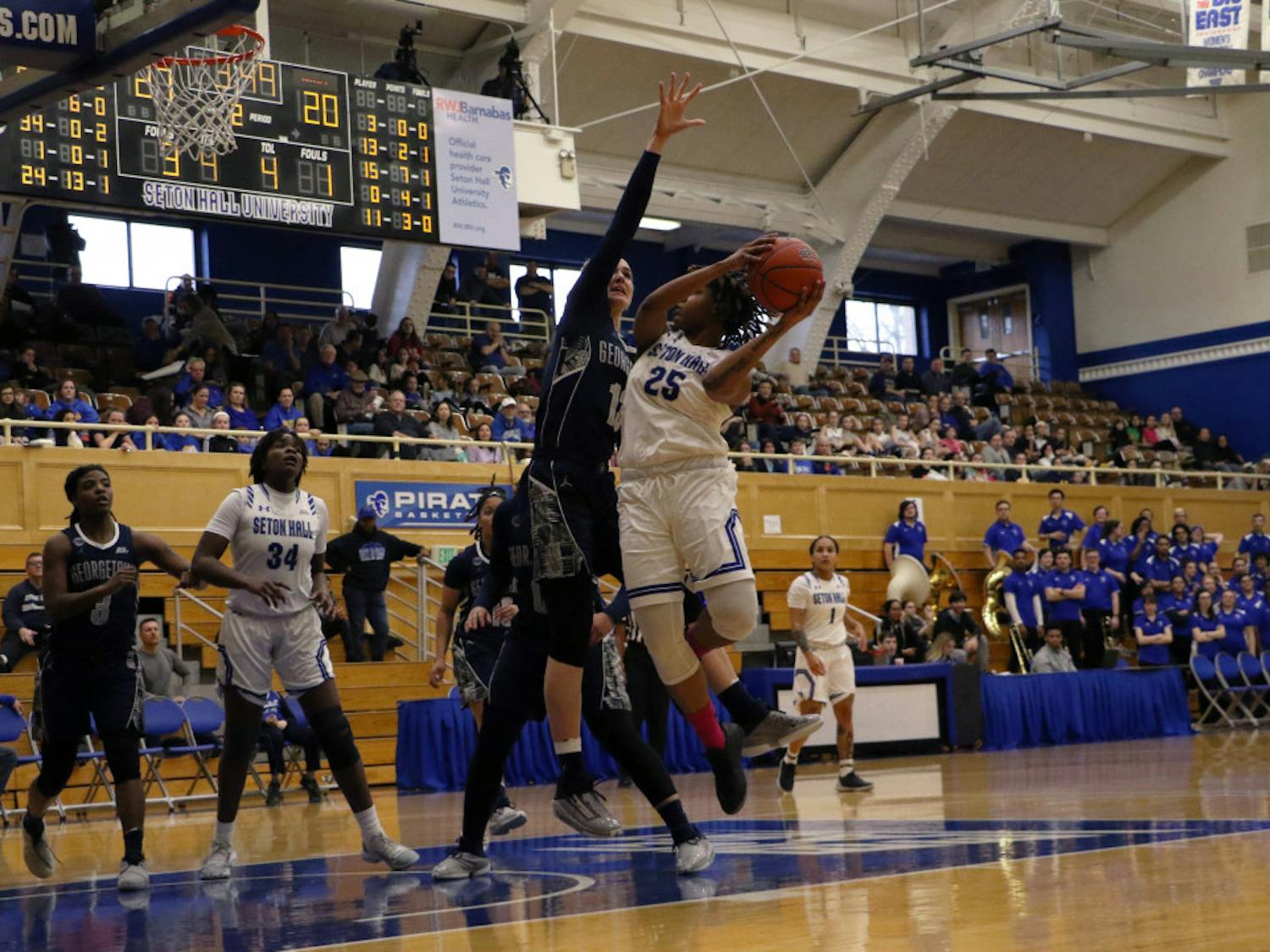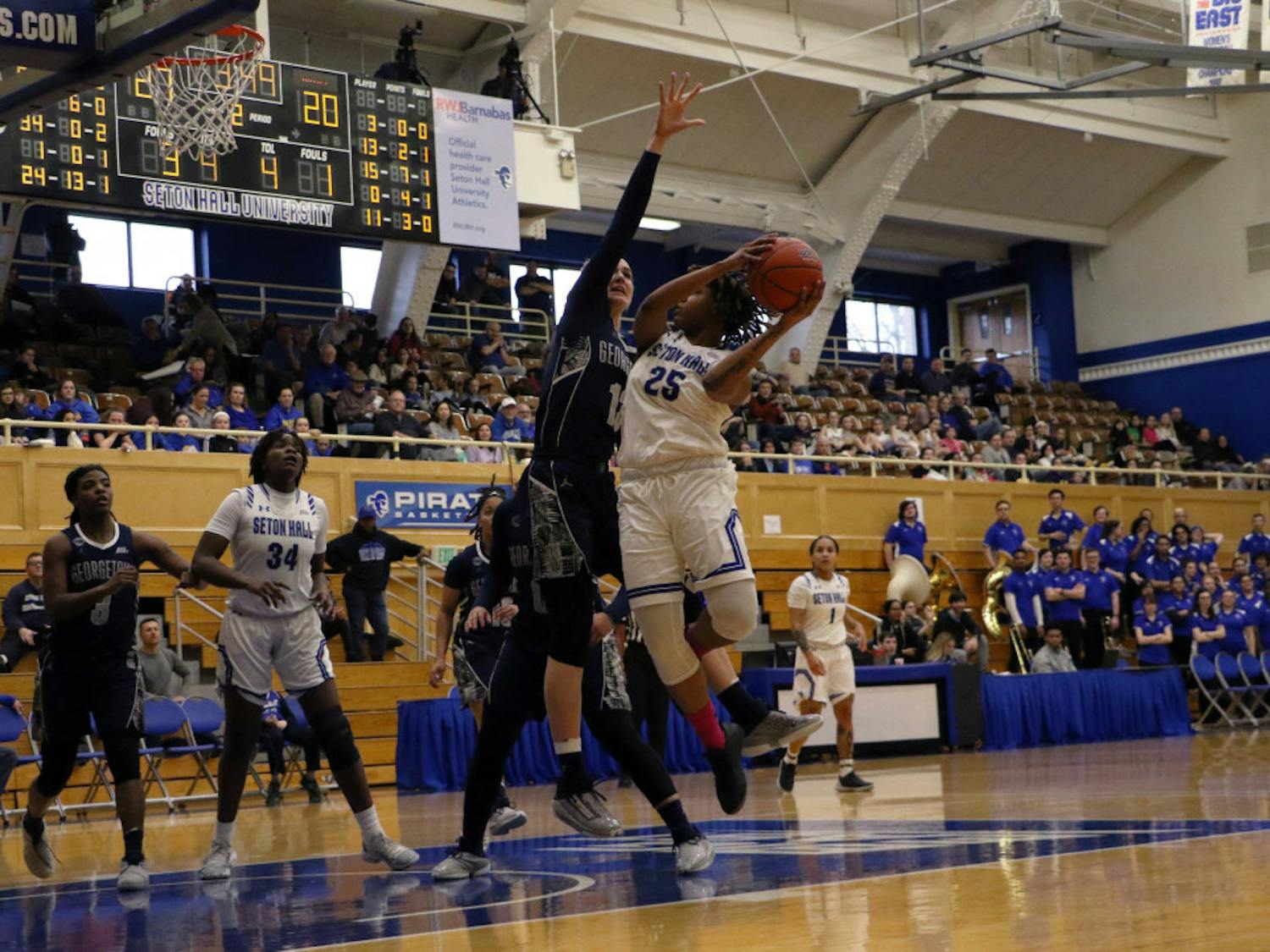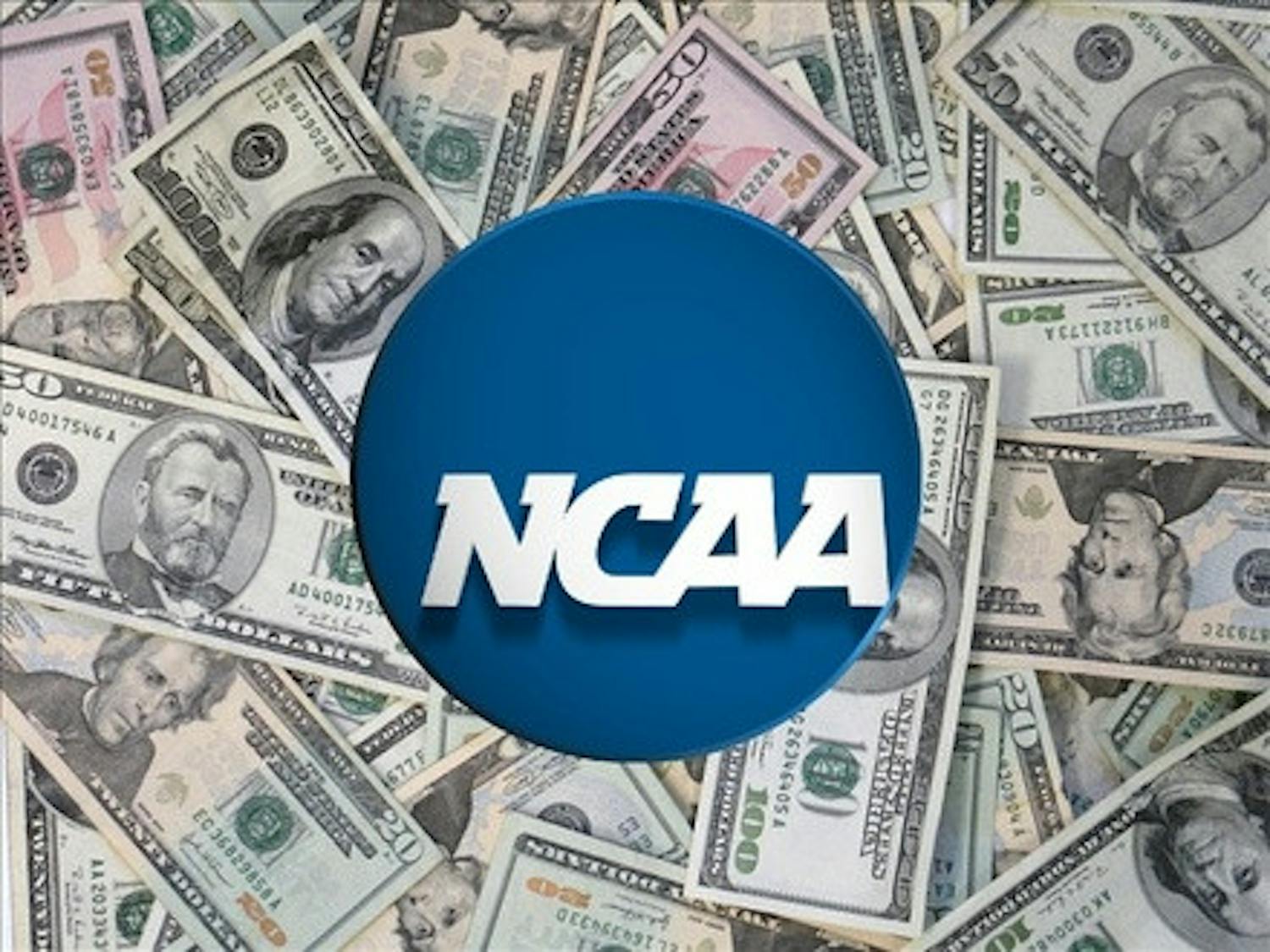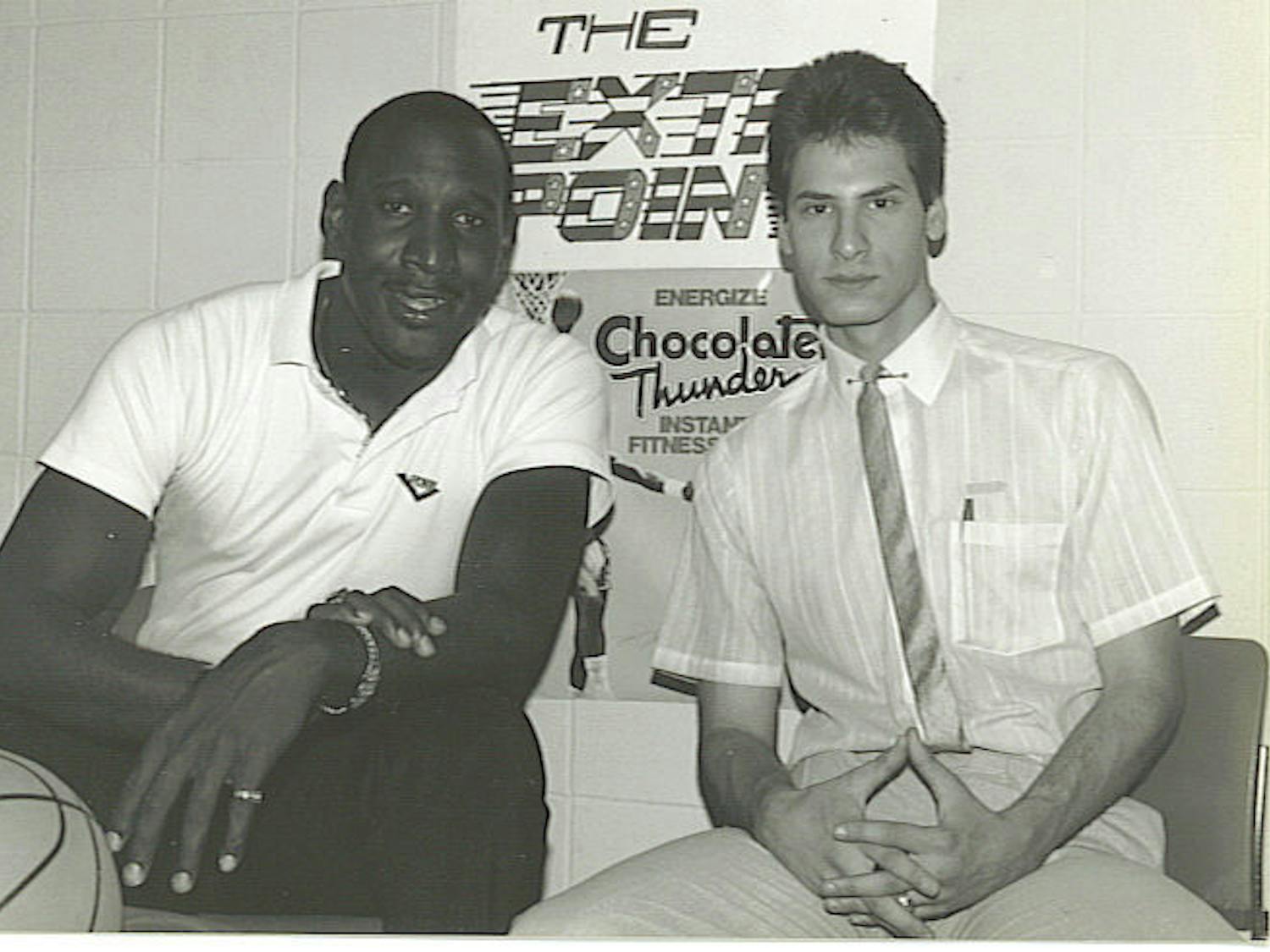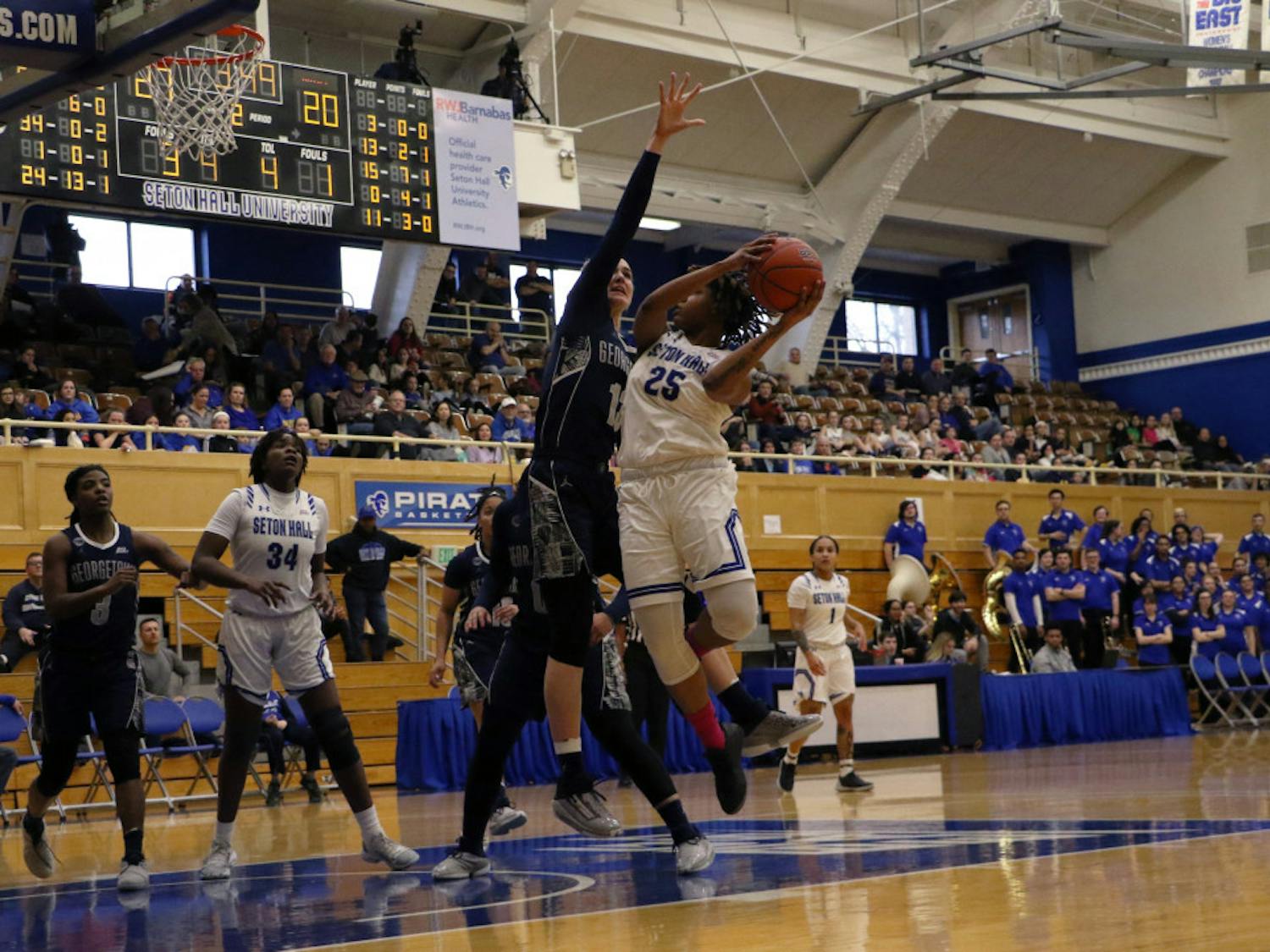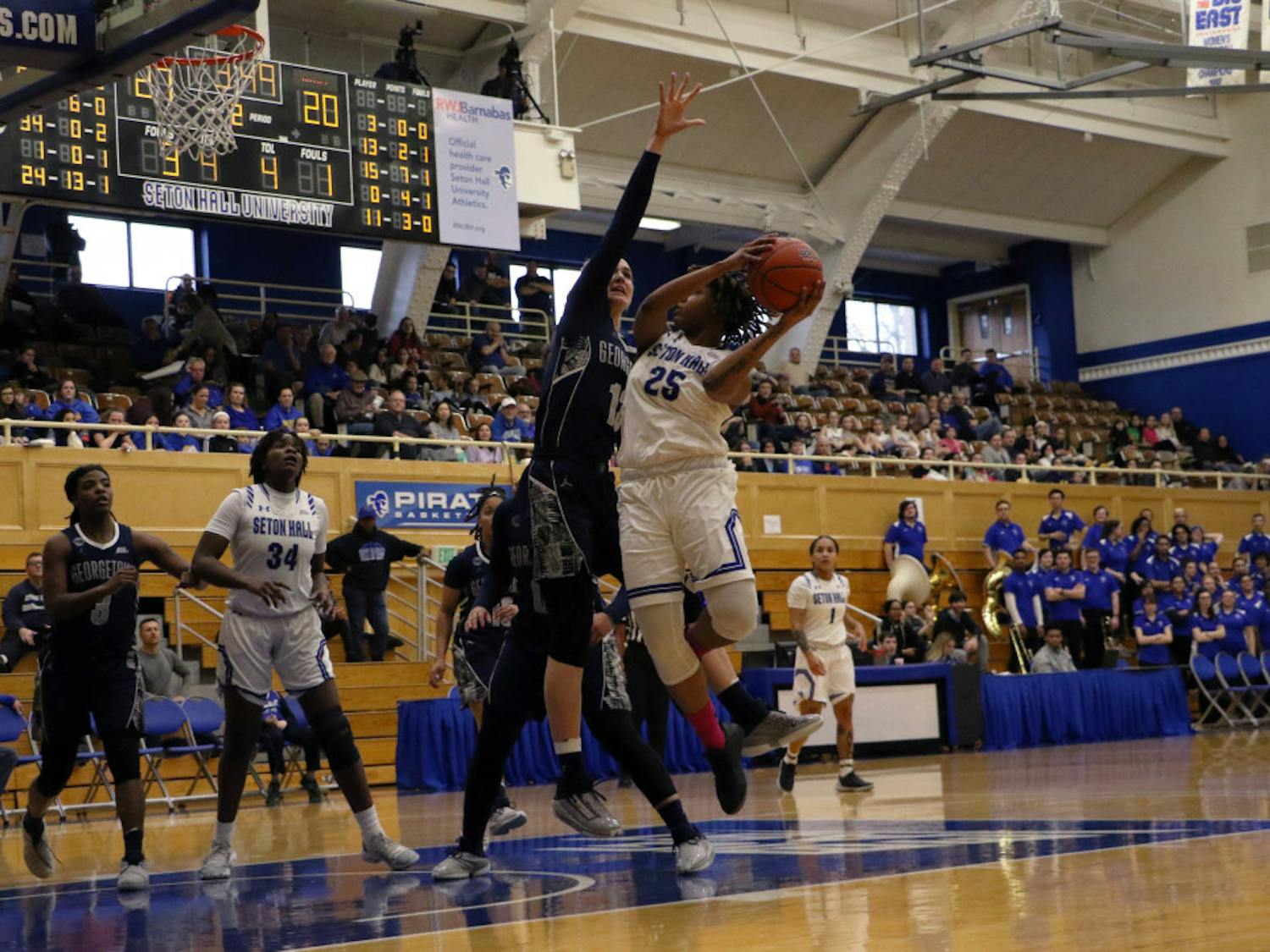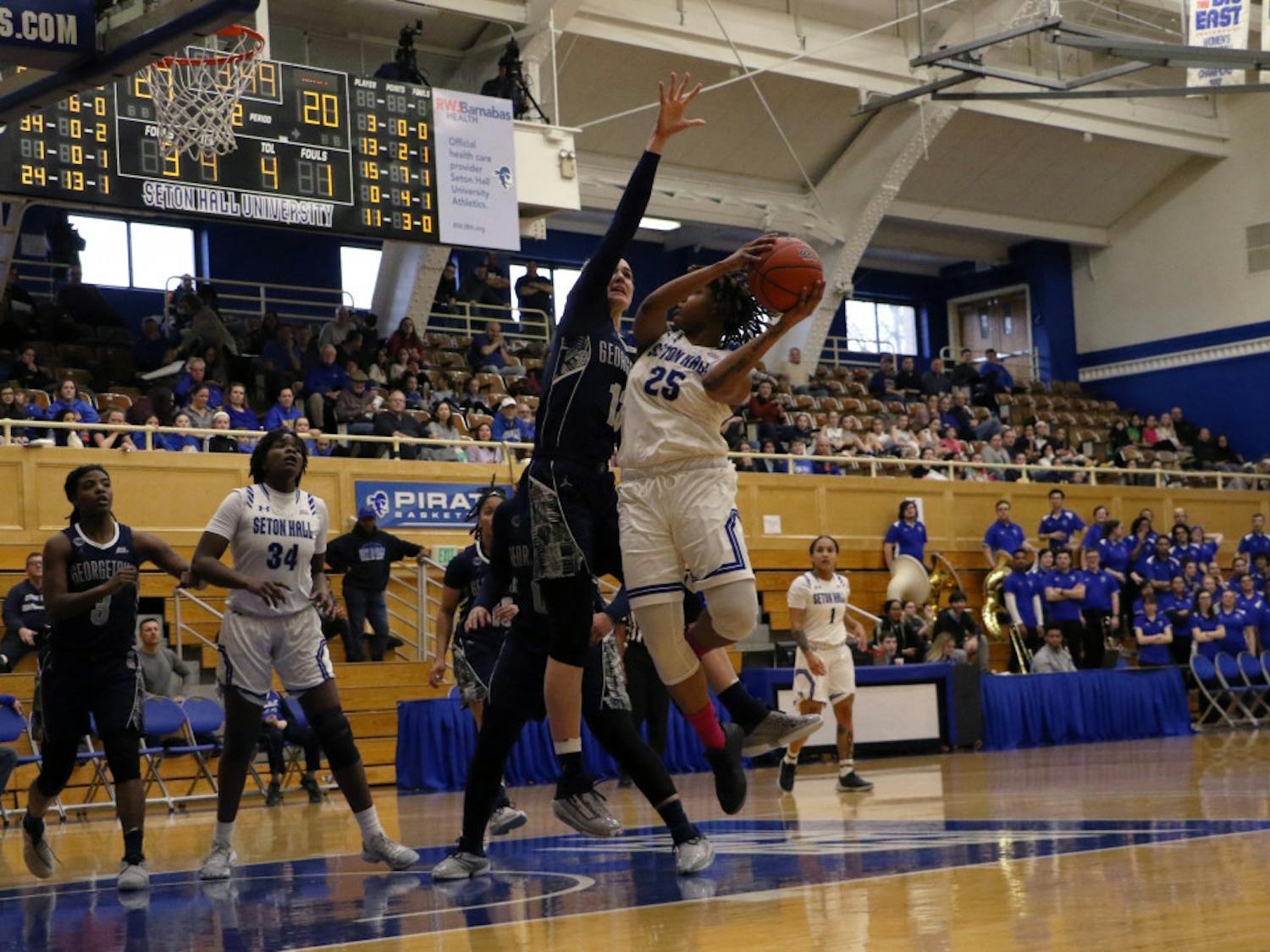COLUMNS
Emphasis on earnings distracts from passions
By Editorial Board | September 23The U.S. Department of Education has released its much-anticipated College Scorecard Data and it contains three new categories absent from other studies: graduation rate, earnings and student loan repayment. Many have noted that the earnings information is lacking a breakdown of salary after graduation by major. Instead, it ranks a school as a whole, and displays a percentage that reflects, on average, the chance of graduates making more than they would with just a high school diploma. This creates a situation in which liberal arts-centric schools might score lower compared to schools with successful STEM-related programs. College is a time where idealism is encouraged. Especially at Seton Hall, where liberal arts courses are a core requirement, we find value in taking classes like philosophy and religion. In a society where millennials are under more pressure than ever to pile on the internships in addition to competitive courses in the pursuit of job security, displaying earnings by major would discourage prospective students from pursuing what might be their passion before they even enter the realm of collegiate academia. The second most popular degree among the top 50 people at the top 200 firms on Wall Street. is philosophy. Carly Fiorina, former Hewlett-Packard CEO, was a medieval history and philosophy major at Stanford. Gerald Levin, former Time Warner CEO, was a philosophy major at Haverford College. Peter Thiel, a co-founder of PayPal, was a philosophy major at Stanford, just to name a few. Majors should not be pitted against each other by their predicted monetary value. These examples show that success cannot be fully predicted by data, and the breakdown might discourage the liberal arts outliers, who could potentially be the billionaires. At Seton Hall, we have notable and well-respected business and science programs, but as these examples and our curriculum show, liberal arts still plays a vital role in education. If the emphasis keeps being put on what makes the most money at such a young age, a rich history might be lost and students might be discouraged from exploring courses they are truly passionate about like philosophy, history and religion.
Money is nice, but NCAA athletes need freedom
By Gary Phillips | September 9It is no walk in the park trying to get by financially as a college student.

